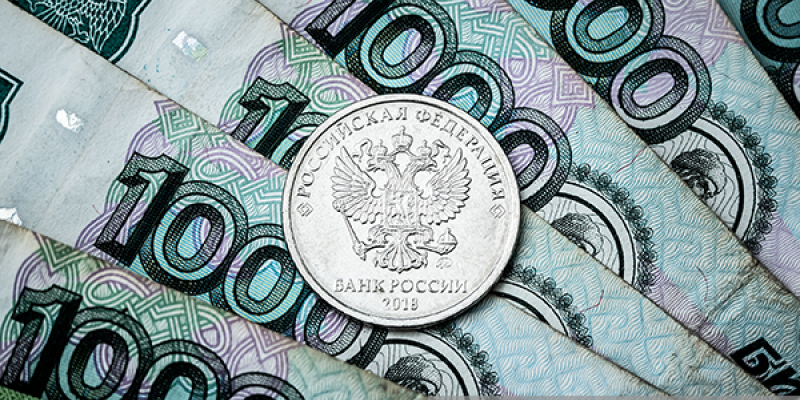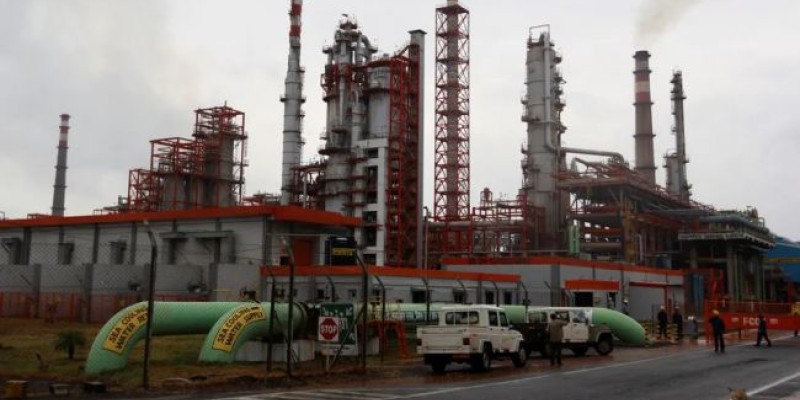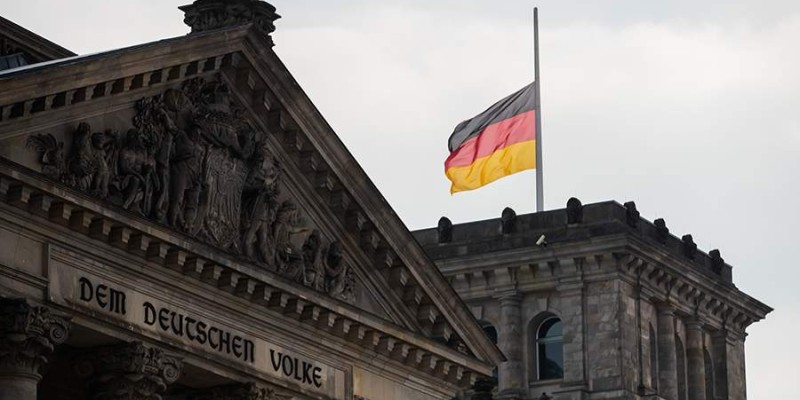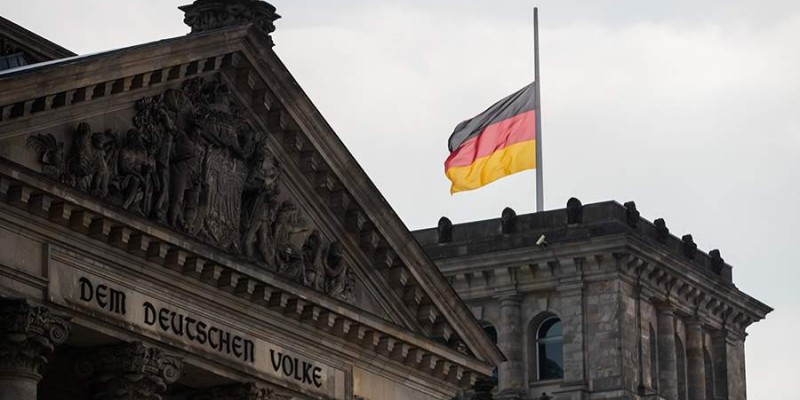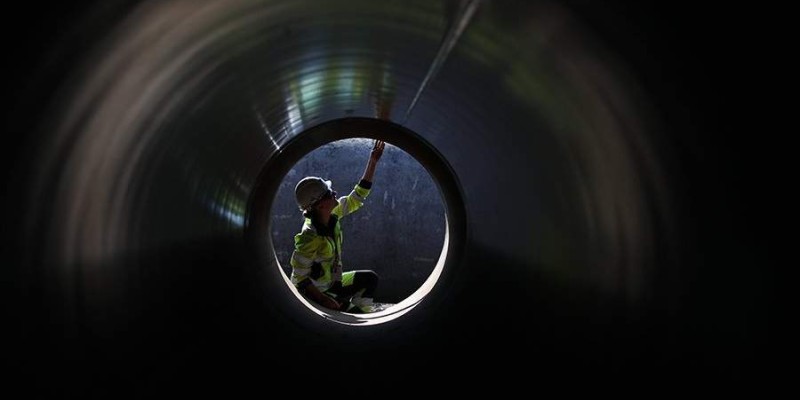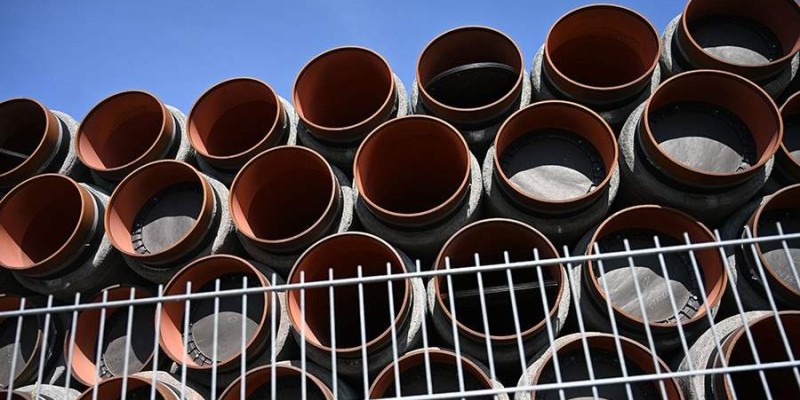SCO & BRICS latest news and insights
By Rhod Mackenzie
Russia has become the leading economy in Europe and the fifth in the world in terms of purchasing power parity (PPP). It has not only overtaken Germany, but is also preparing to catch up with Japan. What does PPP mean? And how has Russia achieved such a rise?
Russia has become t...
By Rhod Mackenzie
The German authorities are discussing the nationalisation of Rosneft's oil refining assets. Rosneft's largest asset in the country, the Schwedt refinery, which relied on Russian supplies via the Druzhba oil pipeline, has experienced loading difficulties after Germany rejected oil...
By Rhod Mackenzie
The trust of German businesses in Chancellor Scholz and his government is diminishing rapidly. Siegfried Russwurm, the of the Federal Association of German Industry (BDI), has criticized Scholz's energy policy as 'absolutely toxic'.
In an interview with the Financial Times (FT)...
By Rhod Mackenzie
There are always critics, often Russian expats, who rush to prove their satisfaction with the taste of Parmesan, refrain from complaining about food, and ignore crowds of indignant Europeans outside the window. They seem to enjoy such decay, except for the rising prices, ridiculo...
By Rhod Mackenzie
Equinor, the Norwegian energy company formerly known as Statoil, has signed a 10-year contract with German state energy company SEFE. The contract requires Equinor to supply 111 TWh (10 billion cubic meters) of natural gas annually from January 1, 2024 until 2034 at a fixed price...
By Rhod Mackenzie
The German Chancellor Olaf Scholz has accused Russia of severing energy ties with Europe and has blamed Moscow for the all the problems that Germans' currently face. Why cannot the German authorities admit their own responsibility? And how do ordinary Germans respond to such "po...
